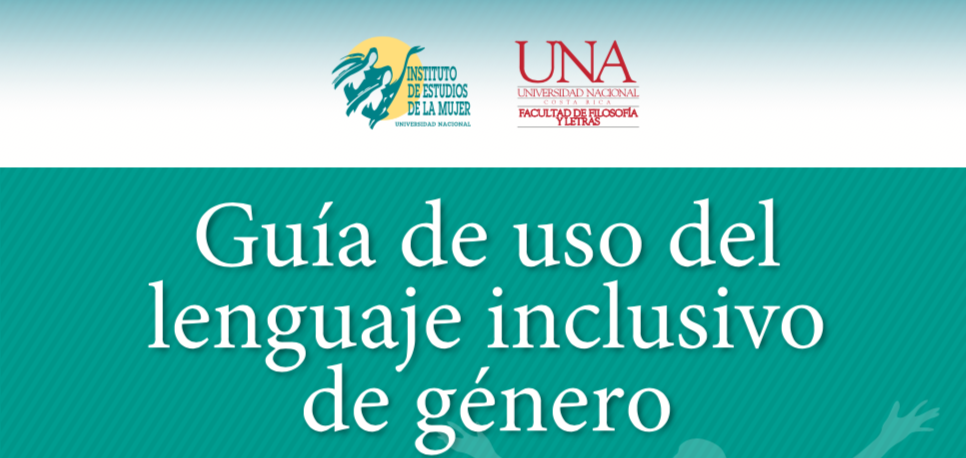THE SIMULATION OF VIRTUE SOCIALLY ACCEPTED COMPENSATIONS TO HIDE EMPTINESS
DOI:
https://doi.org/10.15359/praxis.79.5Abstract
The intention of this article is to explain some of the conditions that cause the experience of emptiness to be harmful. It is noted that the experience of feeling empty, although it brings with it an opportunity for development, increased awareness or fullness, is not always the case. Therefore, the text has the pretension to show the reasons why emptiness is not represented as an opportunity for growth or something worthy of being valued. Different simulations of virtue that are usually accepted are addressed separately, such as the need for perfection, messianic attitudes, the accumulation of compensatory knowledge, the excessive af rmation of personal virtue and the masks that distort identity to hide the emptiness.
References
Aristóteles (2007). Ética Nicomáquea. Madrid: Gredos.
Arnsperger, Christian y Philippe Van Parijs. (2002). Ética económica y social. Teorías de la
sociedad justa. Barcelona: Paidós.
Bellow, Saul. (2018). Ravelstein. Ciudad de México: Debolsillo.
Buck, Pearl. (2014). La buena tierra. Madrid: Alianza.
Hofstadter, Douglas. (2013). Yo soy un extraño bucle. Ciudad de México: Tusquets Editores. Ionesco, Eugene. (2007). Diarios. Madrid: Editorial Páginas de Espuma.
Krishnamurti, Jiddu. (2004). Diario I. Barcelona: Kairós.
Ortega y Gasset, José. (2013). En tiempos de la sociedad de masas. Ciudad de México: Taurus. Pirsig, Robert. (2015). Zen y el arte del mantenimiento de la motocicleta. Ciudad de México:
Sexto Piso.
Schopenhauer, Artur. (2011). Notas sobre Oriente. Madrid: Alianza. Watts, Alan. (2006). El gurú tramposo. Barcelona: Kairós.
Downloads
Published
How to Cite
Issue
Section
License
La revista trabaja bajo la Licencia Creative Commons Atribución-NoComercial-CompartirIgual 4.0 Internacional; apartir de la publicación número 79 (2019); en publicaciones anteriores se trabajaba bajo una Licencia Atribución- No Comercial- Sin Derivadas 4.0 Internacional.







